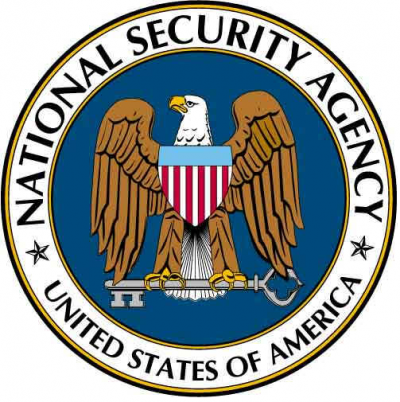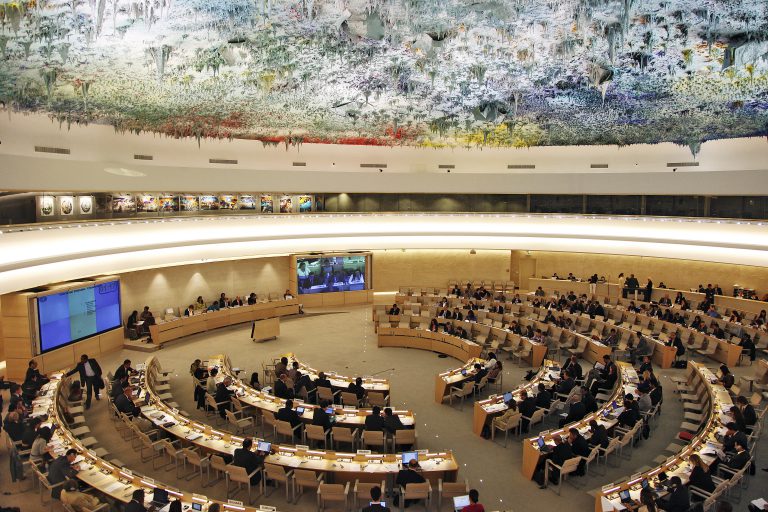 The nation is abuzz this week following Edward Snowden’s leaks about the NSA’s comprehensive (and fully unconstitutional) surveillance program (Click here for the Guardian’s live feed of Snowden-related news). Those of us who spend our time protecting civil liberties are appalled at the behavior of this administration and its intelligence and security agencies, and perhaps even more disturbed by the rhetoric coming out of the white house following these crucial leaks.
The nation is abuzz this week following Edward Snowden’s leaks about the NSA’s comprehensive (and fully unconstitutional) surveillance program (Click here for the Guardian’s live feed of Snowden-related news). Those of us who spend our time protecting civil liberties are appalled at the behavior of this administration and its intelligence and security agencies, and perhaps even more disturbed by the rhetoric coming out of the white house following these crucial leaks.
(This is a REALLY big deal, so please check out what our Coalition members are doing about it. The ACLU is launching a variety of countermeasures and suits against these illegal surveillance policies– check out their homepage. UPDATE: ACLU files lawsuit against the Obama administration. The Electronic Frontier Foundation (EFF) has put together a letter that NCAC has signed on to. And PLEASE, everyone, check out the Stop Watching Us campaign and sign the unified letter to congress!)
But there’s something that makes this news even more shocking to us at NCAC and to anyone out there concerned with free expression, and that’s the timing of this story. Just last week, Frank LaRue of the UN Human Rights Council gave a report confirming that privacy is absolutely essential for free expression within a given society. The report provided grave warnings about the detriments of a surveillance state and the catastrophic impacts of surveillance on our most basic constitutional rights. What follows here is a blog post I started last week and was just getting ready to post before this whirlwind of news broke out:
 The Founding Fathers knew it– now we do too! A fresh new report by the UN Human Rights Council has firmly stated that the right of citizens to privacy is essential for keeping speech and expression within democracies vibrant and free.
The Founding Fathers knew it– now we do too! A fresh new report by the UN Human Rights Council has firmly stated that the right of citizens to privacy is essential for keeping speech and expression within democracies vibrant and free.
(Check out Carly Nyst’s excellent piece on Privacy International)
The landscape of state surveillance changed drastically after the attacks of 9/11. Now, nearly 12 years later, the UN Human Rights Council is warning us about the costs of heightened state surveillance measures, and apparently (this might seem obvious to a lot of you), one of the first victims of large government surveillance programs is the right of the people to free expression. Whether the United States will heed this wise warning is yet to be seen.
What today’s UN report makes clear is that free expression and privacy, two of our most cherished rights, might well depend on each other to exist. Where our privacy is in question, so too is our right to speak our minds.
These days, we leave the indelible traces of our selves and actions scattered across a vast digital landscape, and since technology has been progressing far faster than our constitutional rights, the government has discovered new places through which to pry and peek at us. Since 9/11, issues of national security have trumped questions of privacy (“freedom isn’t free,” they tell us). Many people seem willing to forfeit some of their privacy in favor of personal safety. But privacy, it seems, is more than simply a preference of introverted people: it’s also a key element in preserving expression, our first and dearest freedom.
The UN Human Rights Council report focuses largely on the role of technology in current state-run surveillance programs. Following that discussion, the report outlines the ways in which the right to privacy and the right to free expression are closely interrelated (this is section IV item A of the report). Here, the report states, “Undue interference with individuals’ privacy can both directly and indirectly limit the free development and exchange of ideas.” The message of this report is crystal clear: the right to free expression and the right to basic privacy are far more closely related than the UN had previously acknowledged.
So why is privacy essential for free speech? For one thing, there are things that sometimes need to be said that people might have a difficult time saying publicly. The ability to speak anonymously, or to engage in conversations without putting your identity on the line, is essential in maintaining a free political discourse (Item E of the UN Report outlines issues of anonymity).
Is it theoretically possible for a surveillance state to allow free speech? Could our speech be monitored, while remaining judiciously and carefully uncensored? This is what the Obama administration wants us to believe when it comes to current U.S. domestic surveillance programs: that while wiretapping and electronic surveillance are taking place, we can rest assured that only information relevant to national security is being tracked, and nobody’s right to free expression will be challenged.
This is not how things work in the real world. Without guaranteed privacy, people self-censor. Dissent is necessary for a healthy democracy, and, if it isn’t a direct incitement to violence, is protected speech under the constitution. But do we trust the government to correctly discern between non-violent (legal) political dissent and a threat-at-large to national security? The answer is simply no. We hold privacy to be a basic human right because it is our most basic check against government failures, mistakes, and corruptions. To speak freely, as citizens, we speak privately. Public exposure is a normalizing and standardizing force, and we all know that homogeny is enemy to democracy and friend to minority-oppressive regimes. We are ourselves in private, and in private we are free to express our true beliefs.
I cannot stress enough how important this report is for the human rights and free speech communities! Let this be a reminder to us all that the fight for privacy and the fight for free expression are one and the same.

